Chantal Tomlinson
Chantal has worked in the NHS as a dietitian and as a digital health coach helping people to adopt healthy lifestyle habits. She is now using her dietetic knowledge and skills to support the work of The Vegan Society. This includes providing evidence-based information on vegan health and nutrition to the public, the vegan community, caterers and health and nutrition professionals.
Tell me a bit about yourself and your dietetic career to date?
I’m a Registered Dietitian with a passion for nourishing, delicious food and helping people to live healthier lifestyles. I enjoy playing football and the outdoors, particularly by the seaside or lakes. Since qualifying as a dietitian in 2015, I have worked with the NHS in both hospital and community settings, and privately as a digital health coach for a weight management programme. I have been using my dietetic skills and knowledge to support the work of The Vegan Society since January 2022.
How important a role does nutrition play when it comes to following a vegan diet, and how do you suggest no shortfalls?
Planning is key, regardless of dietary pattern, in ensuring that our body has what it needs to thrive. A healthy, balanced vegan diet includes a variety of whole plant-foods, fortified foods, and selective supplementation.
In addition to vitamin D supplementation, which is recommended by the UK Government for both adults and children, the nutrients that deserve special attention on a vegan diet are vitamin B12, iodine and selenium. Vitamin B12 can be found in fortified foods like nutritional yeast flakes, some fortified plant-based alternatives to milk can provide iodine and Brazil nuts are a rich source of selenium. However, supplementation ensures a reliable intake of these nutrients. One option is to take a vitamin and mineral supplement designed for vegans like The Vegan Society’s VEG 1.
Nutrition and health resources are available on the Vegan Society website, these are a great starting point to learn more. I also recommend that anyone with specific concerns about their diet speak to their GP for a referral to a dietitian.
What foods would you recommend for those following a vegan diet to prepare for and recover from exercise?
It’s important for all vegans, especially those who are active, to include a portion of good-quality protein with every meal. Examples include soya products, such as tofu, tempeh and soya milk. Beans, peas and lentils such as kidney beans and chickpeas, nuts and seeds such as cashew nuts, pistachio nuts and chia seeds are also valuable sources of protein. Some grains such as buckwheat, quinoa and wild rice are also great sources of protein.
Wholegrain starchy carbohydrates such as oats, brown rice, whole-wheat bread, noodles, and pasta are key for providing energy and allowing protein eaten to be used for muscle maintenance, repair and growth.
Immediately before sport and during lengthy activities it can be useful to consume dried fruit, and sugar-rich foods and drinks, such as sports drinks, fruit juice or smoothies. However, remember to wash them down with water to look after your teeth.
With Thanksgiving and Christmas around the corner, what are your favourite dishes to cook for a dinner party?
One of my go-to meals when I first became vegan was a chickpea and lentil curry with sweet potato and spinach. This is always a crowd favourite and appeals to both vegans and non-vegans alike. I recently discovered a recipe for a tofu and leek quiche that was nutritious and tasted good, which I think I will now add to my repertoire of dishes for dinner parties.
Do you have tips for someone who is new to cooking vegan options?
Firstly, I would recommend that people get creative and are not afraid to try new foods and recipes. There are so many exciting ways that plants can be made into delicious dishes. For example, adding green jackfruit to a bean chilli or using tofu in the filling of a vegan cheesecake.
Secondly, I would recommend that they ensure there is a good quality source of protein in each meal (see question 3). The Vegan Society campaign, ‘One Little Switch’, can be a great starting point for those looking to take their first steps towards a vegan diet.


